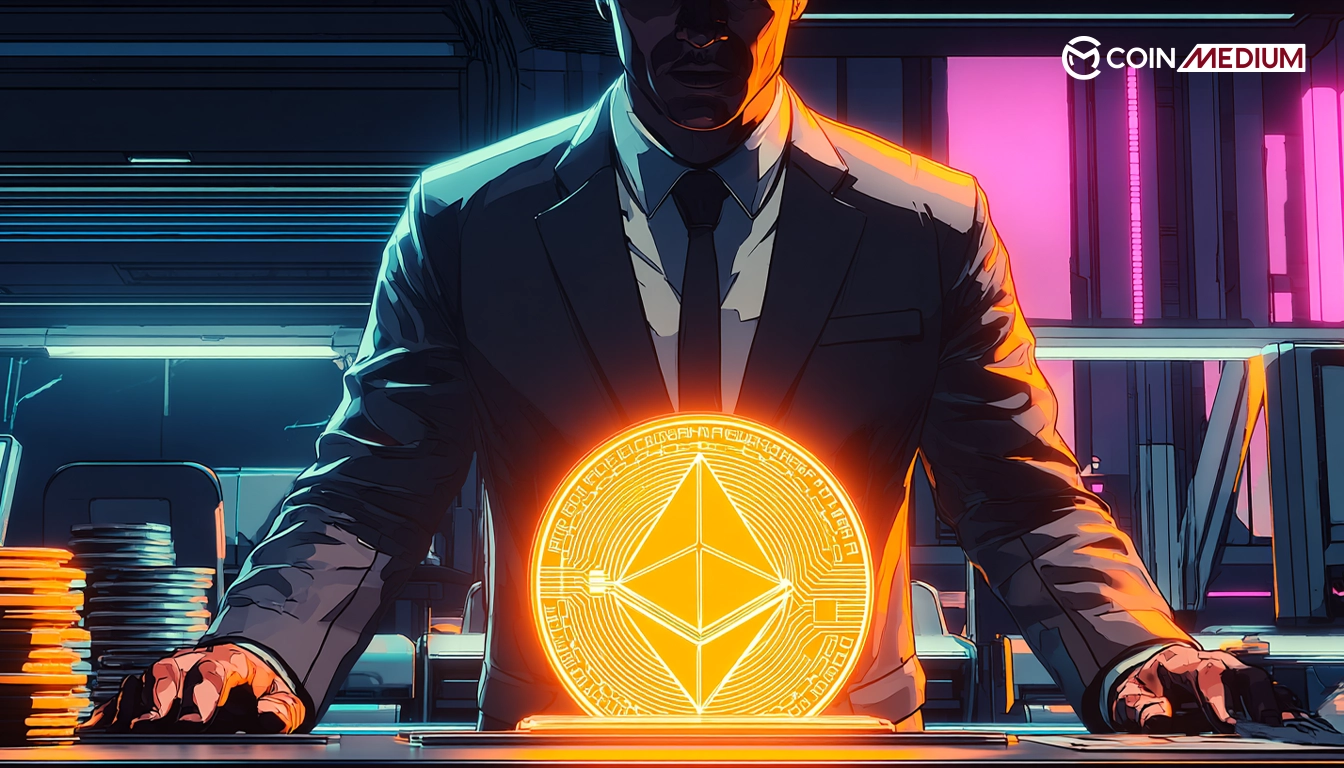- Ethereum’s core developer Barnabé Monnot has proposed (EIP) 7782.
- The proposal may make Ethereum faster and more efficient in the near future.
- The proposal is aimed at halving the time taken to create new blocks on the network from 12 seconds to just 6.
- The plan comes in time for the Glamsterdam upgrade, scheduled for 2026.
Ethereum may soon become faster and more efficient, thanks to a new proposal by core developer Barnabé Monnot.
The proposal suggests reducing block creation time from 12 seconds to 6 seconds.
This plan comes just in time for Ethereum’s upcoming Glamsterdam upgrade, scheduled for 2026.
The proposal, known as Ethereum Improvement Proposal (EIP) 7782, was discussed on June 21 where Monnot highlighted that reducing block times would speed up transaction confirmations, enhance user experience, and make decentralized finance (DeFi) apps more responsive.
“Shorter slot times improve confirmation services and increase Ethereum’s value as a settlement layer.”
Barnabé Monnot
Why Do Faster Blocks Matter?
With faster blocks, new transactions would be added to the blockchain more quickly. This would facilitate:
- Faster transaction updates in wallets and DApps
- Smoother experiences on layer-2 networks
- More frequent price updates on decentralized exchanges
- Lower trading fees and improved liquidity in DeFi
It would also make it harder for anyone to censor transactions since more block producers would be active each minute.
To achieve six-second blocks, Monnot’s proposal suggests shortening three critical parts of the block creation process:
- Block proposal: From 4 seconds to 3 seconds
- Attestation (validators confirming blocks): From 4 seconds to 1.5 seconds
- Aggregation (combining validator votes): From 4 seconds to 1.5 seconds
Monnot noted that these changes would cut the slot time in half.



